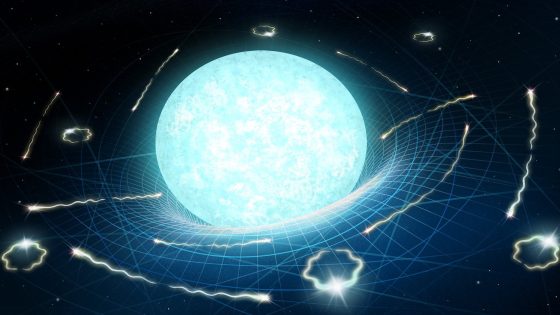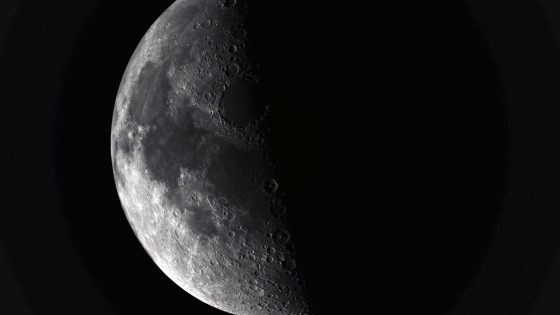A new study reveals that the universe is dying faster than previously thought, with an estimated cosmic expiration date of just 10 to the power of 78 years. This groundbreaking research, published on 2025-05-13, by scientists at Radboud University, challenges earlier predictions that suggested a much longer timeline of 10 to the power of 1,100 years.
- Universe began 13.8 billion years ago
- New estimate: universe ends in 10^78 years
- Black holes and neutron stars decay similarly
- Hawking radiation erodes mass over time
- Moon to evaporate in 10^90 years
- Research aims to understand Hawking radiation
The research builds on the concept of Hawking radiation, initially proposed by Stephen Hawking in 1974. By examining how various celestial bodies, like neutron stars and black holes, decay, the researchers have provided a clearer picture of the universe’s fate. This new understanding raises intriguing questions about the long-term evolution of our cosmos.
This accelerated timeline prompts US to consider the implications for our understanding of cosmic evolution. Are we prepared for the eventual fate of the universe? The study presents several key insights:
- The decay rates of neutron stars and black holes are surprisingly similar.
- Black holes reabsorb some radiation, slowing their evaporation.
- The Moon could take around 10 to the power of 90 years to evaporate.
- Understanding these processes may unravel the mysteries of Hawking radiation.
As we delve deeper into the mysteries of the universe, this study invites us to reflect on the vastness of time and the ongoing quest for knowledge in astrophysics.

































